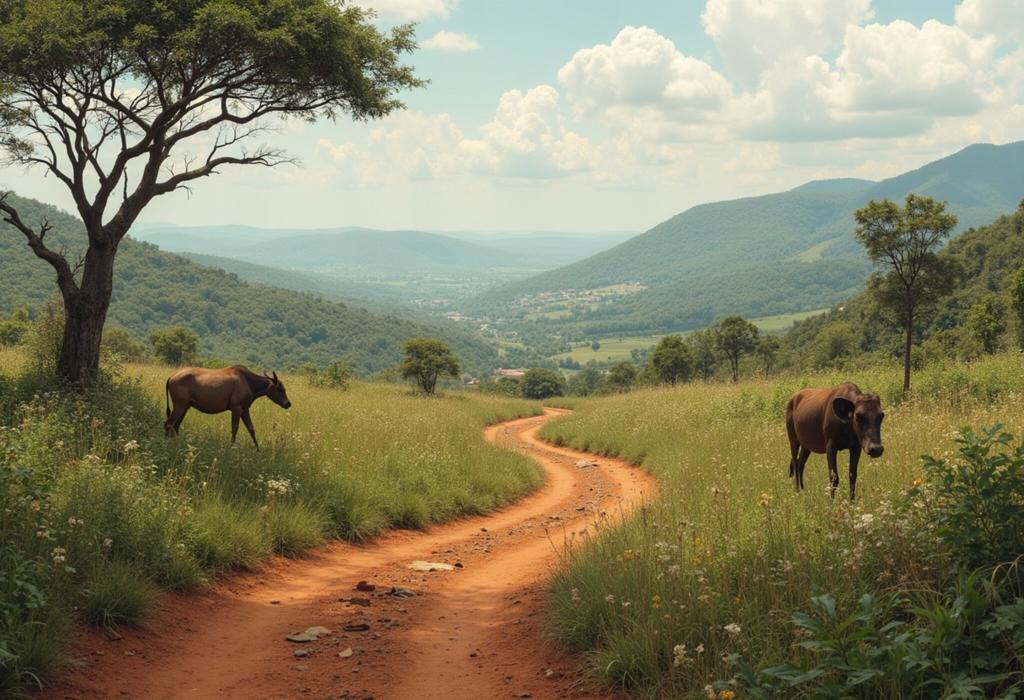Overview of Human Rights Violations
African Parks, a prominent conservation charity connected to Prince Harry, has admitted to human rights abuses by its rangers in Congo-Brazzaville, as highlighted by an independent review spearheaded by London-based Omnia Strategy LLP. The organization came under scrutiny after accusations from the Baka community emerged regarding violent tactics employed by their rangers aimed at preventing locals from accessing ancestral forests designated as conservation areas.
Allegations and Investigative Findings
According to reports published by the Mail on Sunday, allegations surfaced last year claiming that rangers employed by African Parks engaged in brutal acts such as beating, waterboarding, and rape against local residents. These actions purportedly aimed to enforce restrictions on access to regions that hold significant cultural and historical value for the Baka people. Despite commissioning the independent review, African Parks has yet to publicly disclose the findings, instead opting to release a statement acknowledging the occurrence of human rights abuses but withholding explicit details of the incidents.
Transparency Issues
The review's findings, reportedly communicated directly to African Parks, remain undisclosed to the public. Omnia confirmed it has been conducting its investigation since December 2023, but the lack of transparency raises questions regarding the organization’s commitment to accountability.
Role of Prince Harry
Prince Harry's involvement with African Parks traces back to 2016, culminating in his current position on the Board of Directors in 2023 after serving as its president for six years. In light of the recent developments, the BBC has sought comments from him, emphasizing the importance of his role in addressing the allegations facing the charity.
Institutional Changes and Criticism
African Parks asserts it has made strides in enhancing its safeguarding processes over the past five years. These improvements include appointing an anthropologist specifically to aid the Baka communities and collaborating with local human rights NGOs to offer better support. However, such commitments have been met with skepticism.
Survival International, an advocacy group focused on the rights of indigenous peoples, has condemned African Parks for its decision not to disclose investigative findings. One official from the organization noted the stark reality that the charity has been aware of these abuses since 2013 but only acted after external pressure accumulated through media coverage.
Concerns About Ongoing Violence
Survival International expressed that the approach taken by African Parks—promising more reports, additional personnel, and refined guidelines—has yet to yield substantial change or deter further abuse. They argue that the charity's operational model embodies a colonial attitude that displaces indigenous communities, thereby perpetuating cycles of violence and economic impaction. Reports indicate that members of the Baka community feel increasingly marginalized and unsafe, with one local stating, "African Parks are killing us slowly. We’re suffering so much that we might as well be dead." This sentiment illustrates the dire situation faced by the Baka people amidst increasing external pressures.
Conclusion and Future Implications
African Parks stands as one of Africa's largest conservation initiatives, backing various protected areas across the continent. With significant patrons backing it—including the European Union and high-profile philanthropists—the organization’s future actions and responses to the current crises will be pivotal. As criticism mounts regarding its operational integrity and underlying philosophies, it may be compelled to reconsider its practices and their impact on indigenous populations.
The unfolding situation highlights crucial discussions surrounding conservation ethics and the treatment of indigenous communities, calling for an urgent reevaluation of strategies that emphasize respect and collaboration rather than exclusion and violence.
Bias Analysis
Key Questions About This Article




